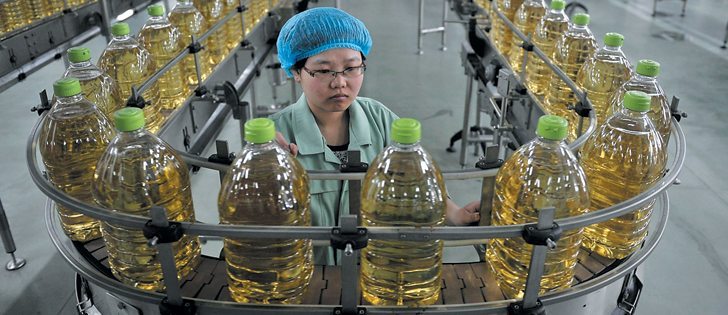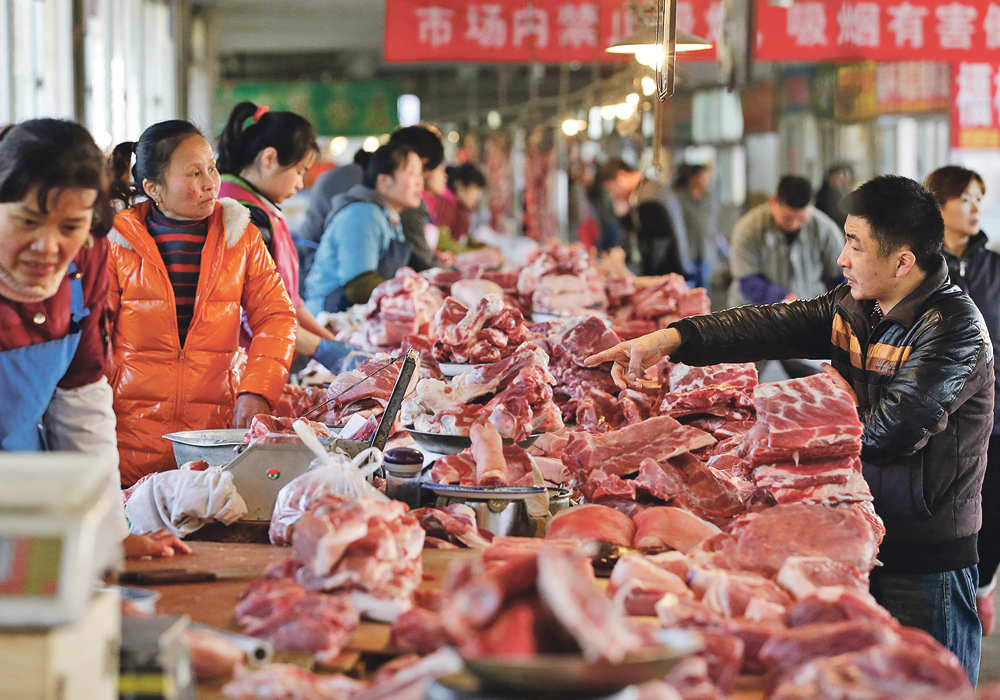China’s agriculture ministry took a worrisome step last week when it suspended its import approval process of a genetically modified soybean variety because of low public acceptance.
China has imported GM canola, soybeans and corn for years, but recently it has been reluctant to approve new GM varieties.
More than a million tonnes of American corn have been rejected at Chinese ports because they contain traces of Syngenta’s MIR162, a variety approved in the United States but not in China.
Some analysts think the main reason for China’s delay in approving MIR162 is that it wants to protect its own corn farmers from cheap American imports, but concerns are increasing about the Chinese public’s perception of GMOs.
Read Also

China’s grain imports have slumped big-time
China purchased just over 20 million tonnes of wheat, corn, barley and sorghum last year, that is well below the 60 million tonnes purchased in 2021-22.
There have been many scandals about food safety in China, and now it seems opponents of GMOs are playing on consumer distrust and fears to whip up distrust about the technology.
Dimsums, a blog about food policy in China, drew attention this week to several stories in Chinese newspapers focusing on concerns about GMOs.
In one prominent instance, a citizen launched a lawsuit against a maker of a popular soybean oil brand, arguing its label disclosing the use of GM soybeans is not conspicuous enough and violate consumers’ right to know. The suit also includes the supermarket that sells the oil and the celebrity promoters of the brand, badminton world champion couple Lin Dan and Xie Xingfang.
Several other oil brands face similar suits.
The role of public opinion about GMOs is also revealed in China’s approach to its own rice research.
It spent heavily to develop GM rice and corn, and in 2009 issued five-year biosafety certificates allowing research groups to grow them outdoors in China. However, the certificates were not renewed this year when they expired.
Science magazine said there are disputes over whether public attitudes were behind the decision or whether the government believed that conventional rice production was adequate to meet the country’s needs.
Canada, the United States and other leading growers of GM crops emphasize that science should be the key arbiter of GMO approvals.
If China continues to include public opinion as a factor in its regulation of GM foods, it will have huge implications for the advancement of GM crops — particularly oilseeds — in Canada, the United States and elsewhere.
It is virtually impossible to segregate crops on any basis, let alone on whether they have Chinese import approval.
China is by far the world’s biggest importer of soybeans and canola. If it starts to block import approval of every new GM oilseed variety, then rejection of shipments at port will become a problem for oilseeds, just as it has for corn.
Oilseed exporters will have to ask, is it advisable to hold back commercial release of new GM varieties until China changes its attitude.
I can’t imagine that China would do anything to seriously impede oilseed imports for long. It might have a policy of self-reliance in corn, rice and wheat, but it is greatly reliant on imports for its oilseed needs.
But for now, China’s apparent newfound respect for public opinion on GMOs has created much uncertainty.
Postscript: Shortly after this column was written China’s government announced a media campaign in support of genetically modified crops on TV, newspapers and the internet.















